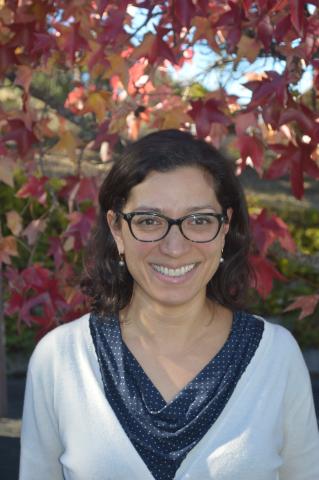
Sita G. Patel, PhD, Awarded World Health Organization Global Mental Health Fellowship

Palo Alto University is proud to announce that Sita G. Patel, an associate professor of clinical psychology, has been awarded the prestigious APA-IUPSYS Global Mental Health Fellowship. The fellowship provides a one-year opportunity “for a psychologist to contribute to the work of World Health Organization (WHO) in the Department of Mental Health and Substance Abuse (MSD).” The fellowship is sponsored by the American Psychological Association and the International Union of Psychological Science.
“I am thrilled!” said Dr. Patel, who also leads PAU’s Culture, Community, and Global Mental Health Research Lab. “For over 15 years, I have been engaged in community-based research to reduce mental health disparities, particularly among immigrants and refugees. Although this work has been primarily local, it also connected me to the many systemic issues that motivate migration - issues like war, persecution, and poverty.”
Her work with the World Health Organization will focus on mental health services in conflict and humanitarian emergency settings, as well as suicide prevention. Her workplan for the next year includes three projects:
- A global evidence review on mental health and migration
- Addressing suicide and self-harm in humanitarian settings
- Development and finalization of the Mental Health and Psychosocial Support Minimum Service Package
